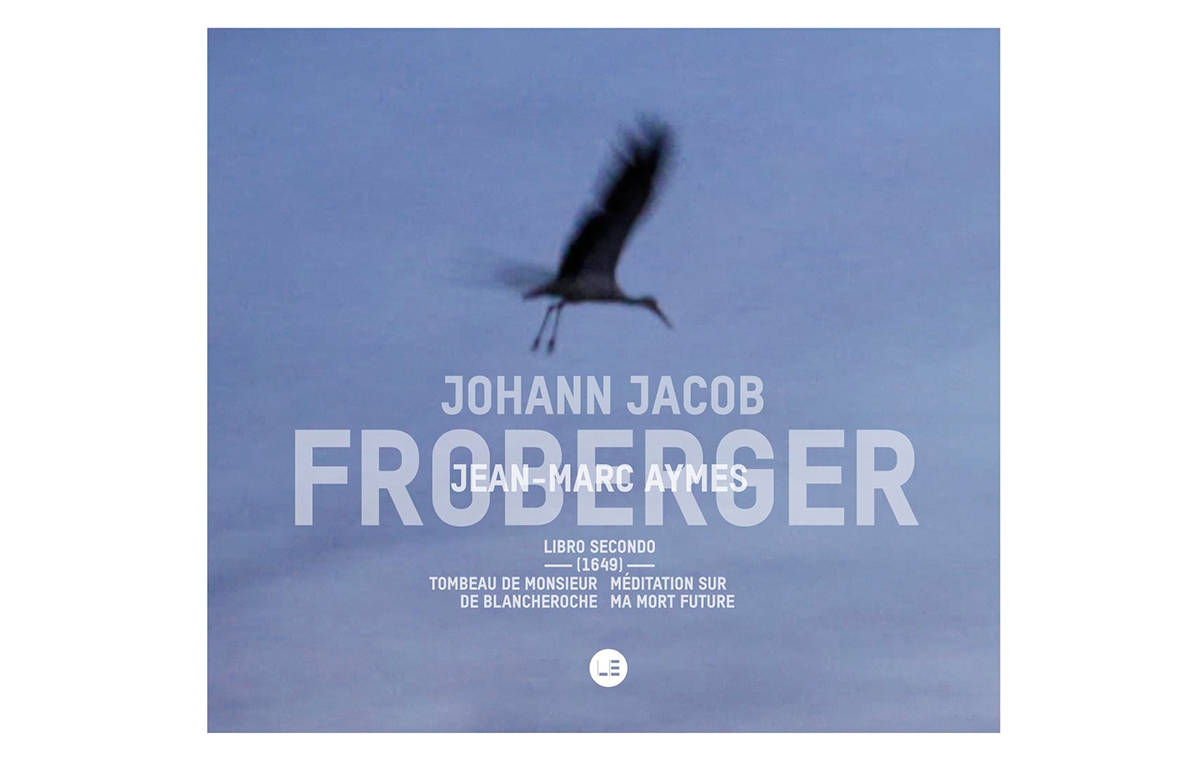Jean-Marc Aymes
126:14 (2 CDs in a card triptych)
Lanvellec Editions LE00003
This is an impressive recording of the complete earliest surviving source for Froberger’s music. The composer presented it to Emperor Ferdinand III in 1649 after spending much of the previous decade in Rome. It contains fantasias, toccatas, canzonas and partitas; the first three genres show Italian influence, especially that of Frescobaldi, while the Partitas use the newer French grouping of dance movements. Aymes adds two character pieces: the partita which starts with the Meditation on the composer’s own impending death of 1660, and the Tombeau for M. de Blancheroche. Froberger’s music can seem straightforward on paper but we know that his last patron, the dowager Duchess Sibylla, felt that the true interpretation of the notes could only be discovered from the composer himself. Aymer has clearly thought a lot about his own interpretations: his playing is fluent and convincing, with a strong sense of forward momentum and good tempi. He responds well to the variety of genres and moods found in the music. Ornaments are well integrated into the playing and changes of metre are handled effectively. He plays on three instruments: copies of Italian and French 17th-century harpsichords by André Christophe and Tibaut de Tolose and, the real star of the show, an original 1653 organ by the English builder Robert Dallam, now in the church of Saint-Brandan in Lanvellec, Brittany. Full-bodied and closely recorded, the organ serves the pieces played on it particularly well. The meantone tuning is used to advantage in the elevation toccatas, as is that of the Italian (Gregori) copy in a few of the other pieces. I would have liked to have heard more from this instrument (it is used on only four tracks) but the Jobin harpsichord copy works well for the partitas. Recording quality of all three instruments is exemplary and the notes are informative. Spread over two CDs, this recording gives the listener a full picture of the extent of Froberger’s achievements as a composer and is thoroughly recommended.
Noel O’Regan
Can’t find on amazon… 🙁
